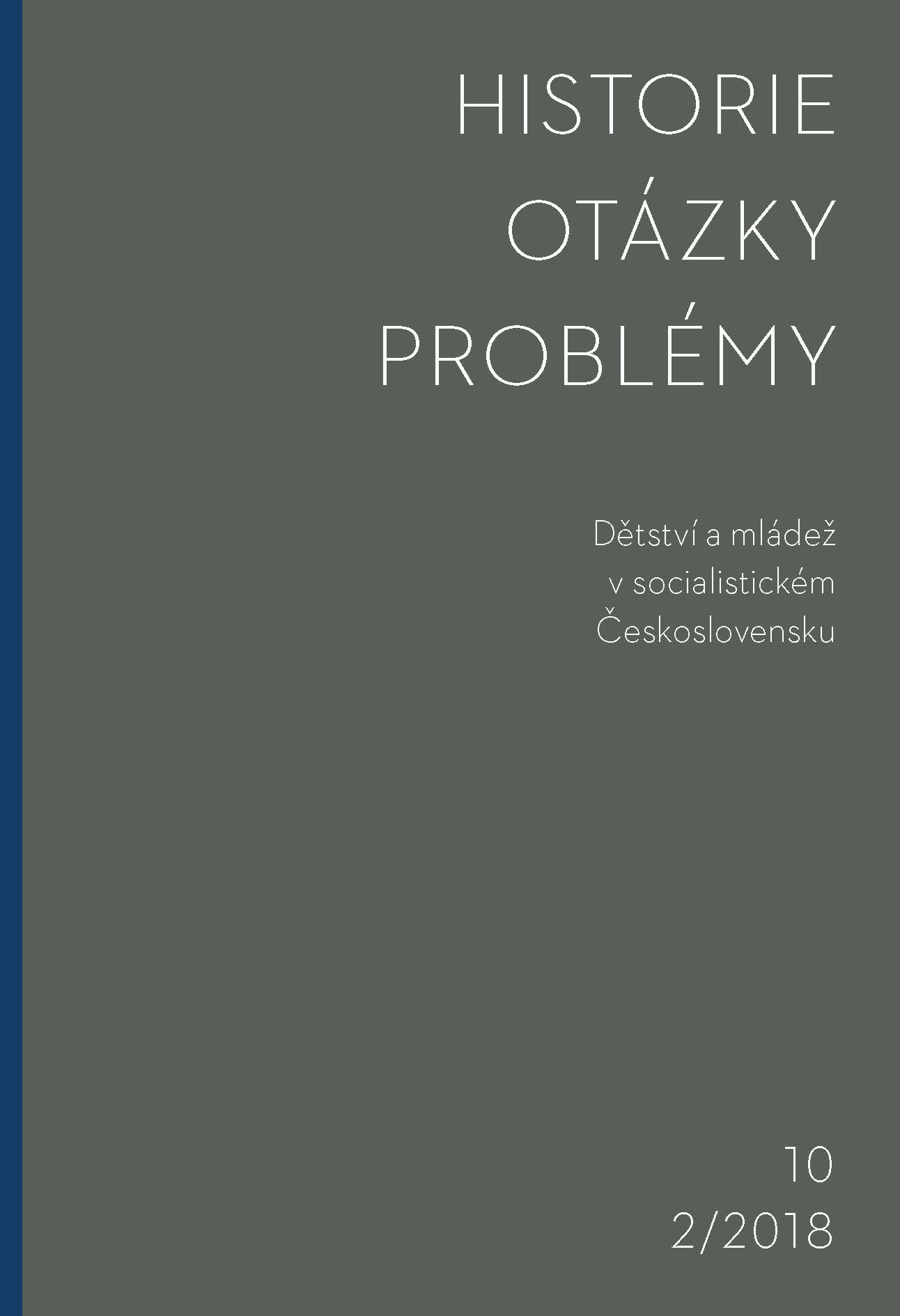Česky cítiť, ľudovodemokraticky myslieť! Štátna politika voči česko-nemeckým deťom a ich rodinám v prvých rokoch socialistickej diktatúry
Feeling within the nation, thinking within the system. Governmental policies aimed at dealing with Czech-German children and their families at the beginning of the socialist dictatorship
Author(s): Michal KorhelSubject(s): History, WW II and following years (1940 - 1949)
Published by: Univerzita Karlova v Praze - Filozofická fakulta, Vydavatelství
Keywords: Czech-German children; intermarriage; upbringing; socialism; German minority; Czechoslovakia; family policy;
Summary/Abstract: During the first years after the Second World War, Czech-German children in Czechoslovakia were exposed to a sharp change in policy. First, they were persecuted as Germans and later protected by the government. But even after their position was in theory officially protected, precautions were often ignored at the local level and many Czech-German children suffered from arbitrary abuse of power that was accompanied by social rejection. It was only with the communists’ rise to power in February 1948 that their situation was set to change rapidly: According to the Constitution of 9 May 1948, they, together with children of all origins, were guaranteed special care and protection. Based on archival sources and oral histories, this article attempts to shed light on the policies of the Communist Party of Czechoslovakia geared towards Czech-German children and their families at the beginning of the socialist dictatorship. Additionally, the article assesses the meaning of the political change for the fates of those children and, on the other hand, looks into the significance of Czech-German children for the Communist Party.
Journal: Historie – Otázky – Problémy
- Issue Year: 10/2018
- Issue No: 2
- Page Range: 11-25
- Page Count: 15
- Language: Czech

